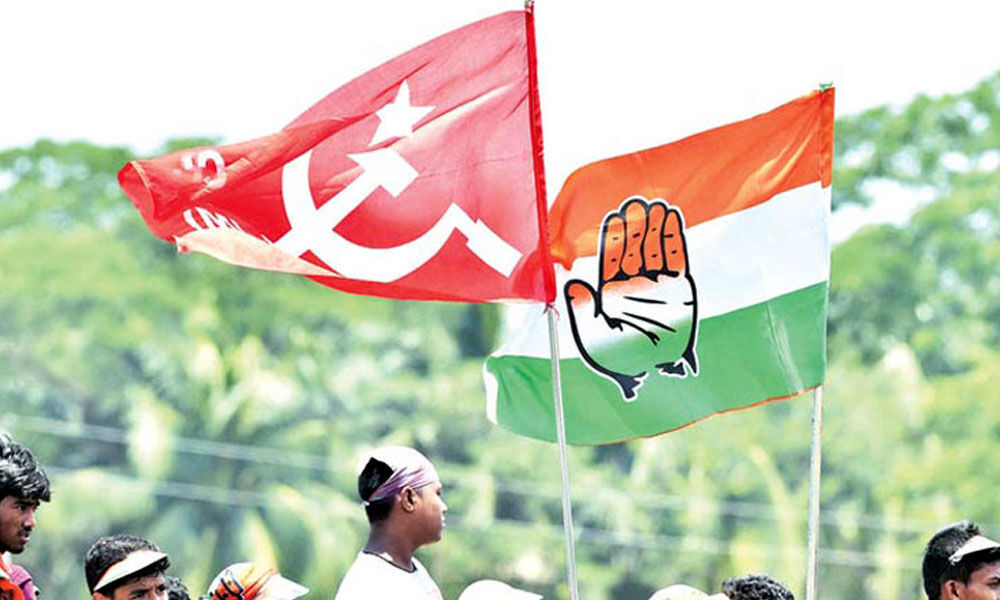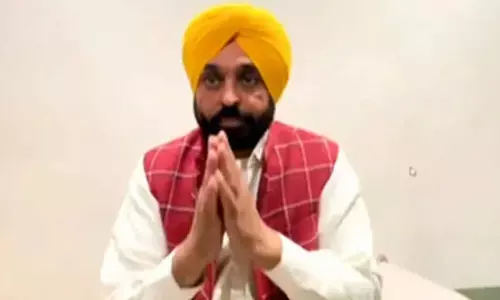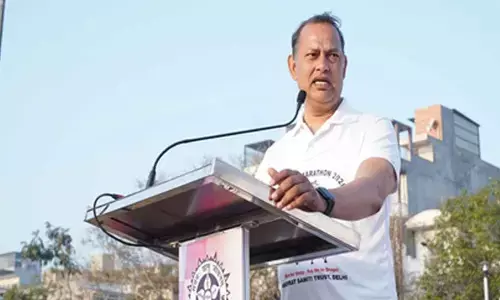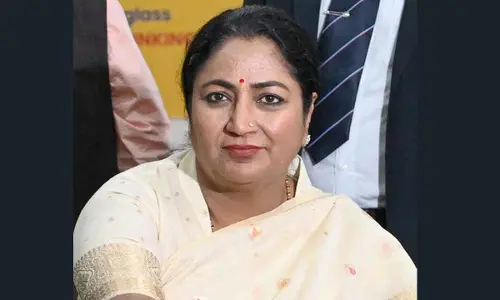Congress-CPM break up paves way for polarised Bengal polls By Pradipta Tapadar

With the Congress-CPI(M) proposed alliance falling apart in West Bengal, the stage is set for a four-cornered contest in which the main contenders -- the Trinamool Congress and the BJP - are in an advantageous position to consolidate the voters in their favour.
Kolkata: With the Congress-CPI(M) proposed alliance falling apart in West Bengal, the stage is set for a four-cornered contest in which the main contenders -- the Trinamool Congress and the BJP - are in an advantageous position to consolidate the voters in their favour. According to Trinamool Congress sources, the breakdown augurs well for the party, which would be in a better position to bag the nearly 30-per cent minority votes in the state in the absence of another credible "secular force" in the state.
The CPI(M)-Congress seat-sharing talks failed after the latter accused the Left of insulting it by unilaterally announcing 25 candidates in the state, which has 42 Lok Sabha seats. The cross currrents of the failure to clinch the Opposition alliance will be felt directly in 15 seats spread across north and south Bengal, a TMC leader said. "Although the breakdown of the Opposition alliance has its benefits, it has taken away the buffer from us. Now the maximum anti-TMC votes would be bagged by the BJP, which might alter lot of equations in various seats," another senior TMC leader said.
"Had the alliance been there, the anti-TMC votes would have been divided between it and the BJP, which would have helped us," he told PTI on the condition of anonymity. The TMC will now be directly pitted against the BJP in Cooch Behar, Alipurduar, Raiganj, Balurghat, Malda South in north Bengal; and Murshidabad, Krishnanagar, Ranaghat, Basirhat, Barrackpore, Asansol, Purulia, Jhargram, Bankura and Midnapore seats in south Bengal, sources in the party said. "Had there been an Opposition alliance, we would have been in a comfortable position in most of these seats. But now things will be different. We have full faith in our leadership and things will change once the campaign starts," a senior TMC leader of north Bengal said.
The development has brought cheer to the BJP camp, which has emerged as the main challenger of the TMC in the past few years. The party will be in a better position to find favour with a sizeable portion of the refugee voters in the border districts following its efforts to bring in the citizenship bill. Besides, a section of the Hindu voters, who are unhappy with the "appeasement politics" of the TMC, will support the BJP, said a leader of the saffron party. The refugees have for the past several decades been a trusted vote bank of the Left. The Citizenship Amendment Bill, which was passed in the Lok Sabha on January 8, seeks to grant Indian citizenship to non-Muslims who fled religious persecution from Bangladesh, Pakistan and Afghanistan, and entered India before December 31, 2014.
"Those voters who are disillusioned with the TMC will now vote for BJP as it is only the saffron party which can provide them with an alternative. If the TMC has Mamata Banerjee, we have Narendra Modi and Amit Shah," said Arjun Singh, a former TMC MLA who had recently switched to the saffron party. Singh is likely to be the BJP's candidate in Barrackpore Lok Sabha seat, which is held by Dinesh Trivedi of the TMC. Leaders of both the Congress and the CPI(M) agreed that the failure to clinch a seat-sharing deal would actually be a negative factor for both the parties and they might not win more than one or two seats in the state. "It is true that elections will now be more polarised between the TMC and the BJP.
But the CPI(M) needs to understand that it has to be more flexible while working in an alliance," state Congress president Somen Mitra told PTI. CPI(M) central committee leader Sujan Chakraborty, also echoed Mitra's views but said the Congress should have been more active in order to seal the deal. "The people of the state will decide whether we were right or wrong (in breaking the alliance). Despite a lot of hurdles, we had tried to provide a secular alternative along with the Congress, but it had other plans," Chakraborty said.
The electoral history of Bengal shows that it is the ruling party and the main opposition which become the main beneficiaries in the event of a four-cornered contest. In 2014, the state again witnessed a four-cornered election in which the TMC won 34 seats, the Congress four and the Left and BJP two seats each. The TMC had then secured 39.05 per cent votes, the CPI(M)-led Left Front 29.71 per cent, while the BJP and the Congress had secured 17 percent and 9.5 per cent respectively. The CPI(M)-Congess seat sharing deal in the 2016 state assembly polls had failed to halt the return of the TMC to power, but it was successful in stopping the march of the BJP to an extent.
But the alliance fell apart after the poll as the CPI(M) decided to part ways with the Congress since its central committee vetoed it. Since then the BJP has steadily taken over the Opposition space in various by-elections and has emerged as the main challenger to the ruling TMC. Mohammed Kamruzzaman, the general secretary of All Bengal Minority Youth Federation, told PTI that had there been a credible Left-Congress alliance, a percentage of minority votes in north Bengal would have swung in favour of it. "But now minorities would en bloc vote for the TMC to stop the march of the BJP". Lok Sabha polls will be held in the state in seven phases from April 11.








